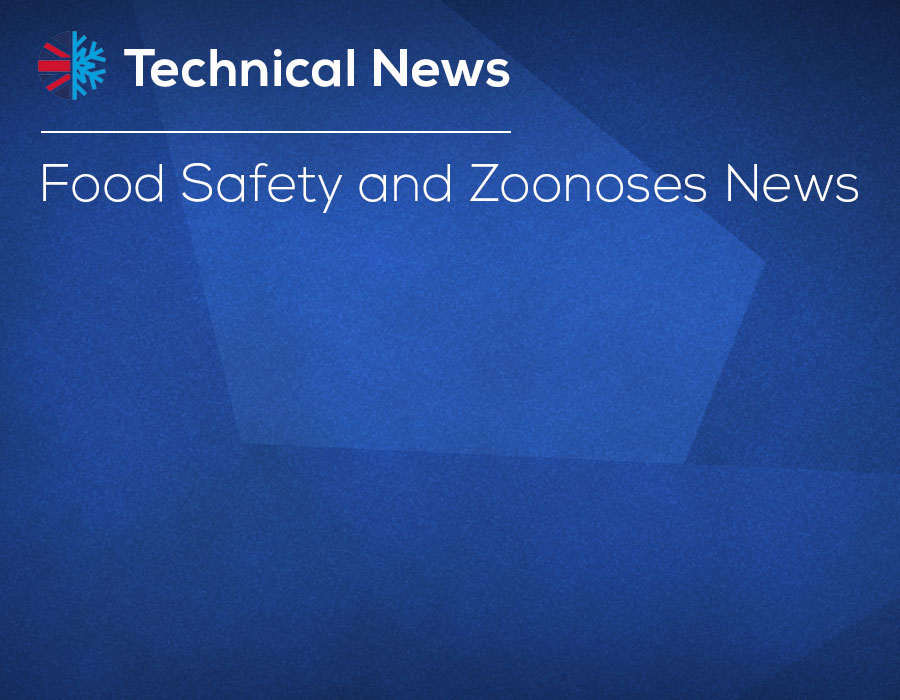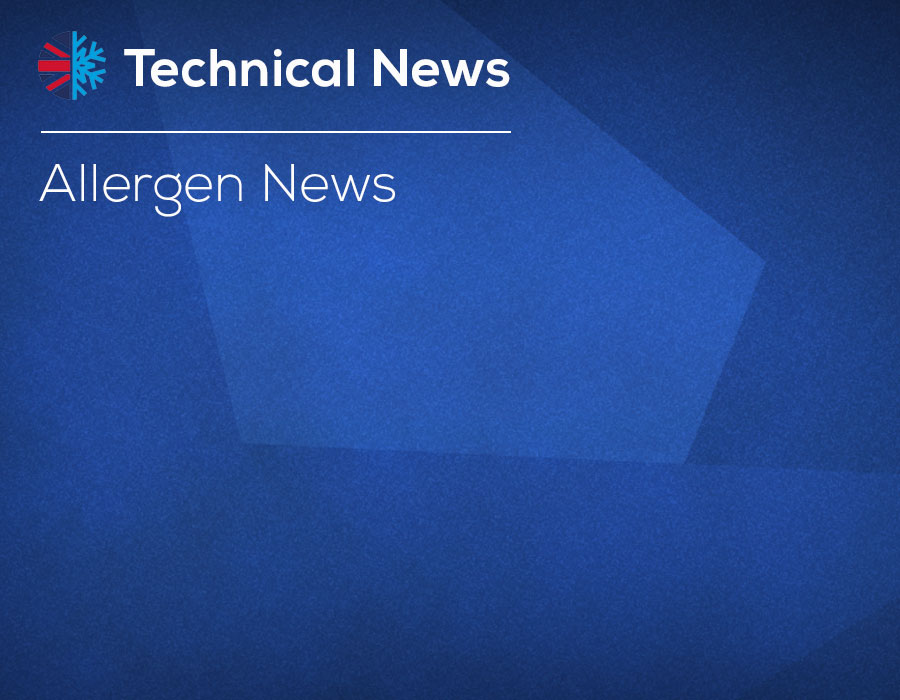In recent years, choosing a vegan option has surged in popularity, with more individuals embracing plant-based diets for health and other reasons. While this dietary shift offers numerous benefits, it also presents challenges for those with food allergies, particularly to animal-based products such as egg, milk, or fish.
Recent figures released by the Food Standards Agency (FSA) highlight a concerning trend: a significant number of individuals allergic to animal-based products are unaware that foods labelled vegan or plant-based can still contain traces of ‘animal’ allergens, putting them at risk of allergic reactions.
According to the FSA’s research:
– 54% of those who react to products of animal origin have used vegan labelling to assess whether a food is safe to eat at least sometimes when buying packaged food.
– 53% of those who buy for someone with a food sensitivity to products of animal origin have relied on vegan labelling in this way at least sometimes when purchasing packaged food.
– Alarmingly, 25% were unaware they should check for a Precautionary Allergen Label (PAL) statement on vegan food/drink to inform a decision on whether it’s safe to consume.
However, amidst these findings, there’s a glimmer of hope. The FSA, in collaboration with Anaphylaxis UK, has launched an awareness campaign to address this critical issue. The campaign’s purpose is twofold: to alert individuals with animal-based allergies that vegan or plant-based products may not always be safe for consumption and to emphasize the importance of always checking food labels and ingredient lists for possible allergens.
The campaign aims to enhance understanding of the distinctions between vegan or plant-based labels and free-from labels. This knowledge empowers consumers to make informed decisions and ensures their safety when choosing these products.
Simon Williams, Chief Executive of Anaphylaxis UK, expressed support for the campaign, stating, “We are delighted to be involved in this campaign and highlight the importance of reading allergen labels on products, in particular food labelled vegan. It is easy to assume that vegan products are free from animal products that someone may be allergic to, but this is not always the case, so it is very important to check the pack and the ingredients with allergens highlighted.”
With these developments in mind, it’s crucial for individuals with food allergies, especially those allergic to animal-based products, to adopt proactive measures when navigating vegan food options.
You can read more here: Vegan Food Allergens | Anaphylaxis UK





















